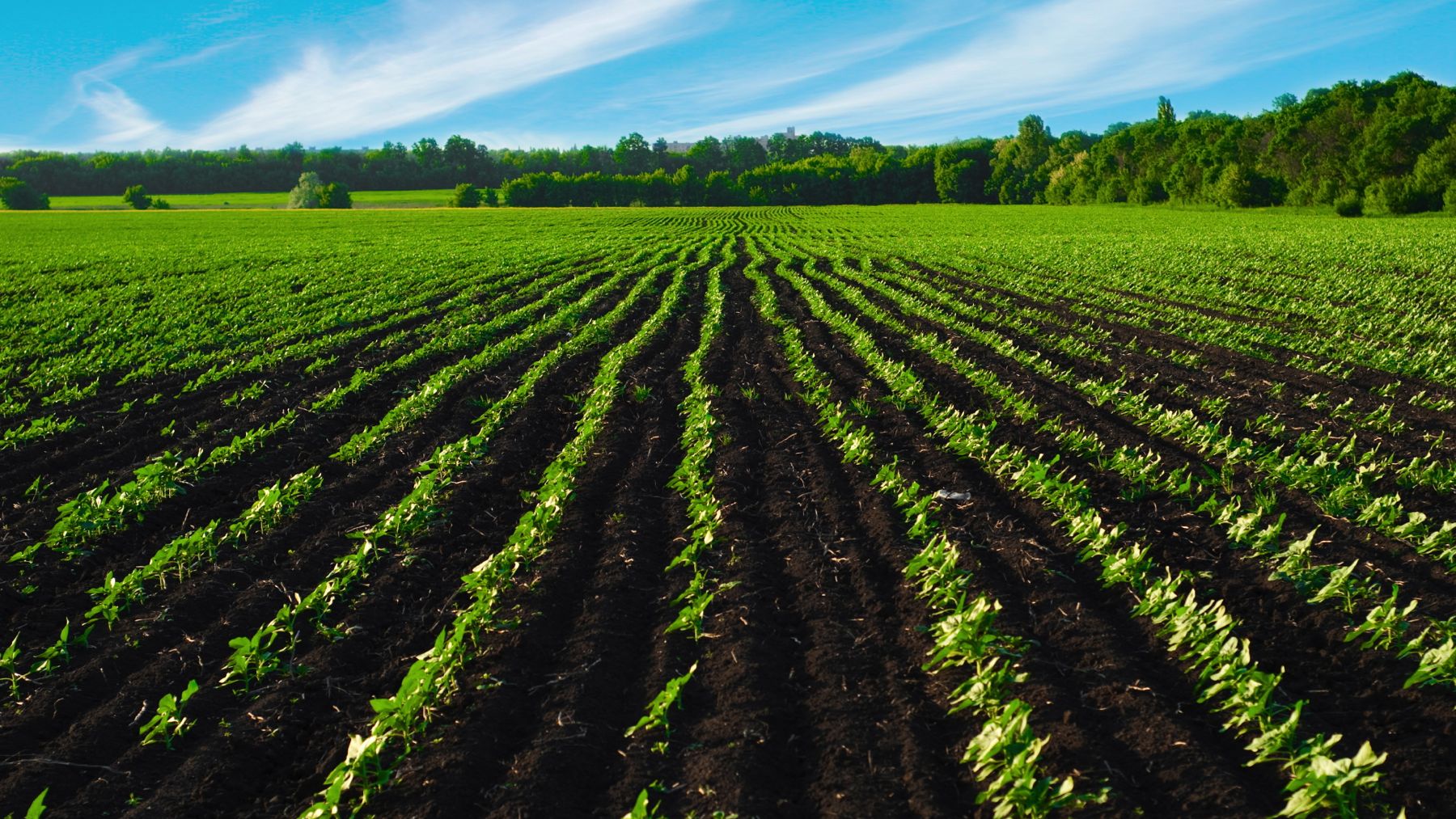Here’s some hard, responsibly farmed news to swallow: Big Organic isn’t really doing much to reduce carbon emissions. In fact, commercialized organic operations are actually contributing to greater emission of greenhouse gasses. Reality bites, dudes.
But there’s hope for truly sustainable farming yet.
The University of Washington’s Around the O has the story:
The increasing numbers of commercialized organic operations, which now make up just 3 percent of total agricultural lands, appear to contribute to increased and more intense levels of greenhouse gases coming from each acre of farmland, reports Julius McGee, a doctoral student in the UO sociology department. His study is in the June issue of the journal Agriculture and Human Values.
While the findings appear troubling, McGee, a regular consumer of organic food, says the study really points to the need for a reassessment of where the organic-food movement wants to go and how to get there. He suggests stricter adherence to sustainability-driven farm practices and increased governmental oversight of the profit-motivated move toward upscale, certified organic production.
“The big questions are what are we are doing when we shift from conventional to organic production, and what are the environmental consequences,” McGee said. “This study says that the organic farming industry is in the early stages. So far we don’t see any mitigating effect on greenhouse gasses. We need to pay close attention to what processes in organic farming operations make them the sustainable alternative that we want them to be, and we are going to need to more strictly follow those.”
The study used annual state-level data from 2000 to 2008 on organic and conventional agricultural greenhouse gases from all states but Louisiana. Alaska data were not available for the first two years. McGee also collected data on socioeconomic and agricultural indicators believed to influence industry growth trends. He then analyzed greenhouse gas emissions using a fixed-rate panel regression that allowed him to indirectly control for unseen variables.
The study does not rule out the possibility that large-scale organic operations eventually will reduce greenhouse gas emissions, but, for now, McGee said, higher emissions are likely to continue unless actions are taken to correct course.
Yo, Big O: Check yourself before you wreck yo’self.
[youtube https://www.youtube.com/watch?v=5aAbOgdbTbM]


